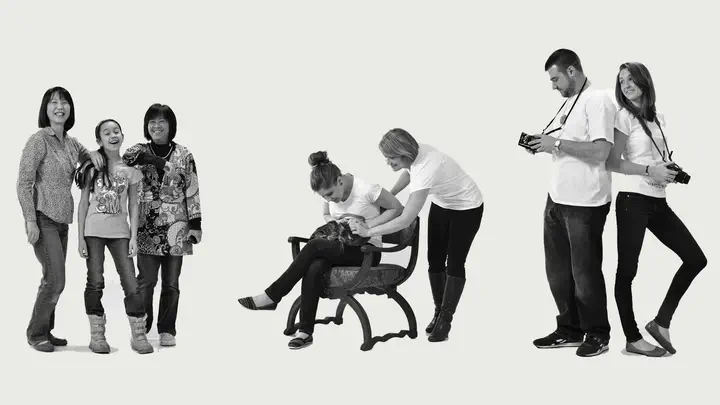Healthcare workers and flu vaccination
 Photo by Randy Fath on Unsplash
Photo by Randy Fath on UnsplashIn recent years, public opinion shifted from a widespread acceptance of vaccination to an increase in concern for vaccine safety, fuelled by media coverage of alleged vaccination-related risks and the growing influence of anti-vaccine movements.
Such concerns are often based on erroneous or misleading information and vaccination advocates naturally sought to rectify incorrect beliefs by disseminating scientific evidence to the contrary, confident that this would suffice to “immunize” individuals against anti-vaccination arguments.
However, such educative interventions, whether through formal training or informal conversations often seem to further antagonize rather than rally those who already doubt vaccination, leaving advocates feeling at loss for ways to promote the benefits of vaccination.
We are approaching the problem of vaccine hesitancy from a new angle. Rather than assuming that people getting vaccinated results from a rational decision-making process, we want to understand motivation – why would someone want (or not want) to get vaccinated? To further explore this possibility, we have developed two scales: the MoVac© and the MovAd© scales, which aim to measure individual differences in dimensions related to intrinsic motivation to engage in a behaviour.
We have collected data from several populations, including the general public, Sanofi-Pasteur employees, NHS employees at Imperial College Healthcare NHS Trust (in collaboration with Imperial College London), and GPs in Romania (in collaboration with the Romanian Pro Immunization Association (API) and The Romanian National Society of Family Doctors, SNMF).
Research team
- Prof Gaëlle Vallée-Tourangeau
- Dr Karis Moon
- Dr Anine Riege
- Dr Amélie Gourdon
